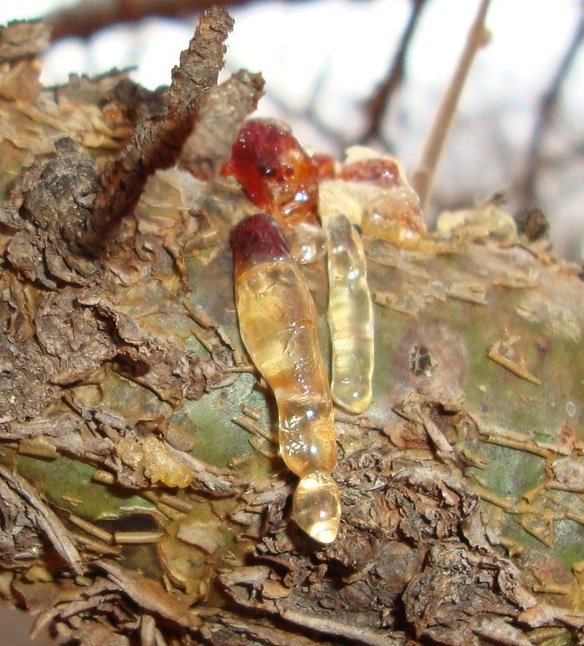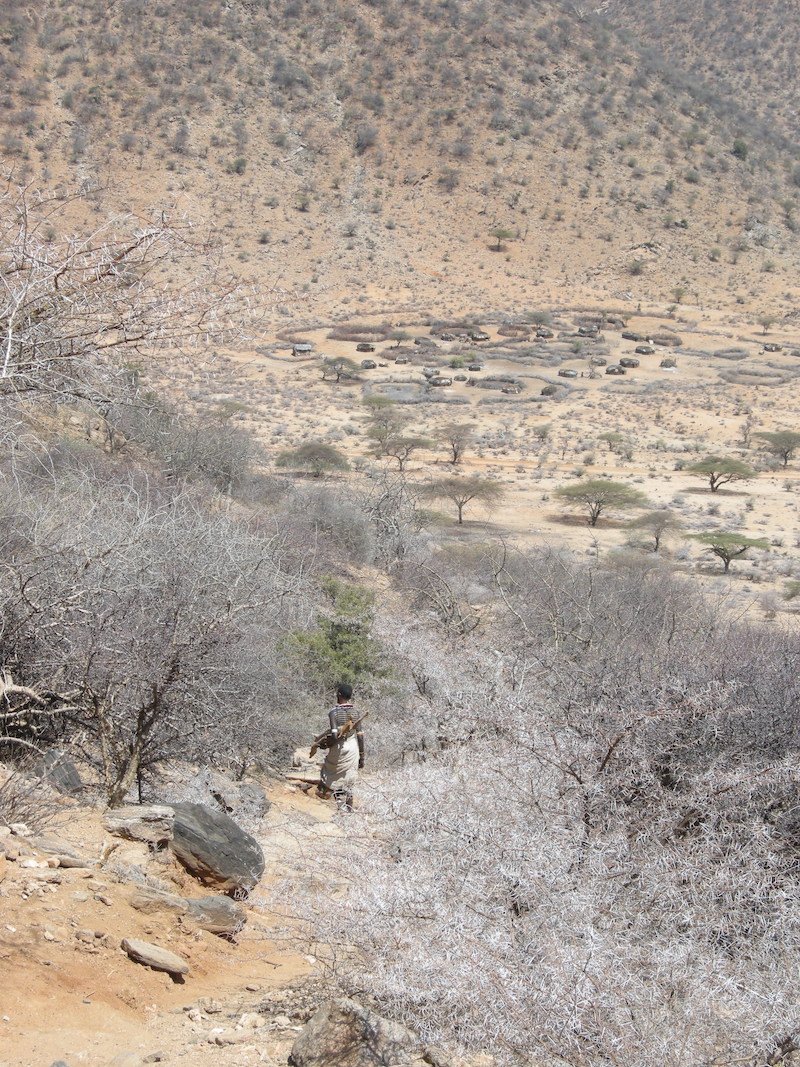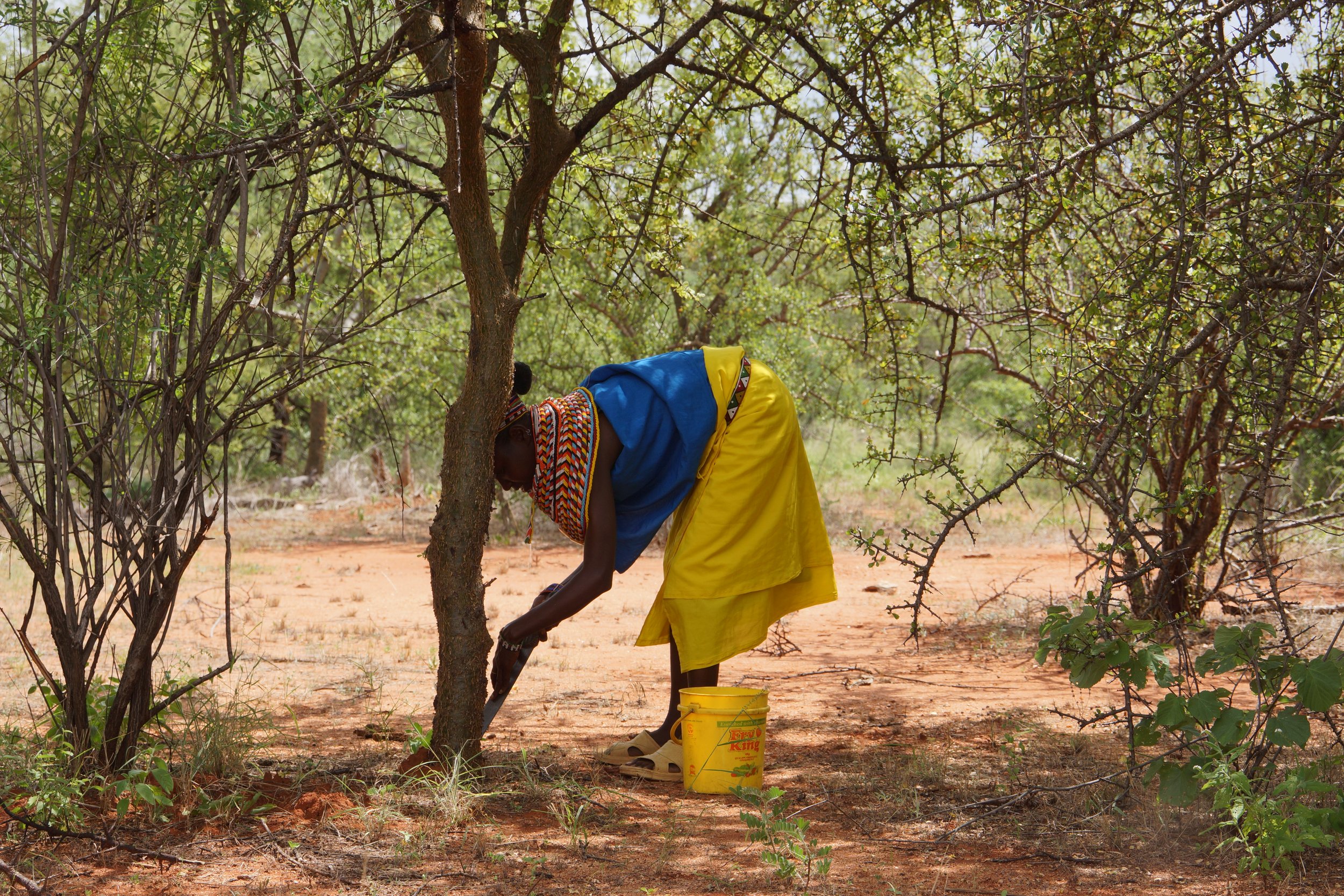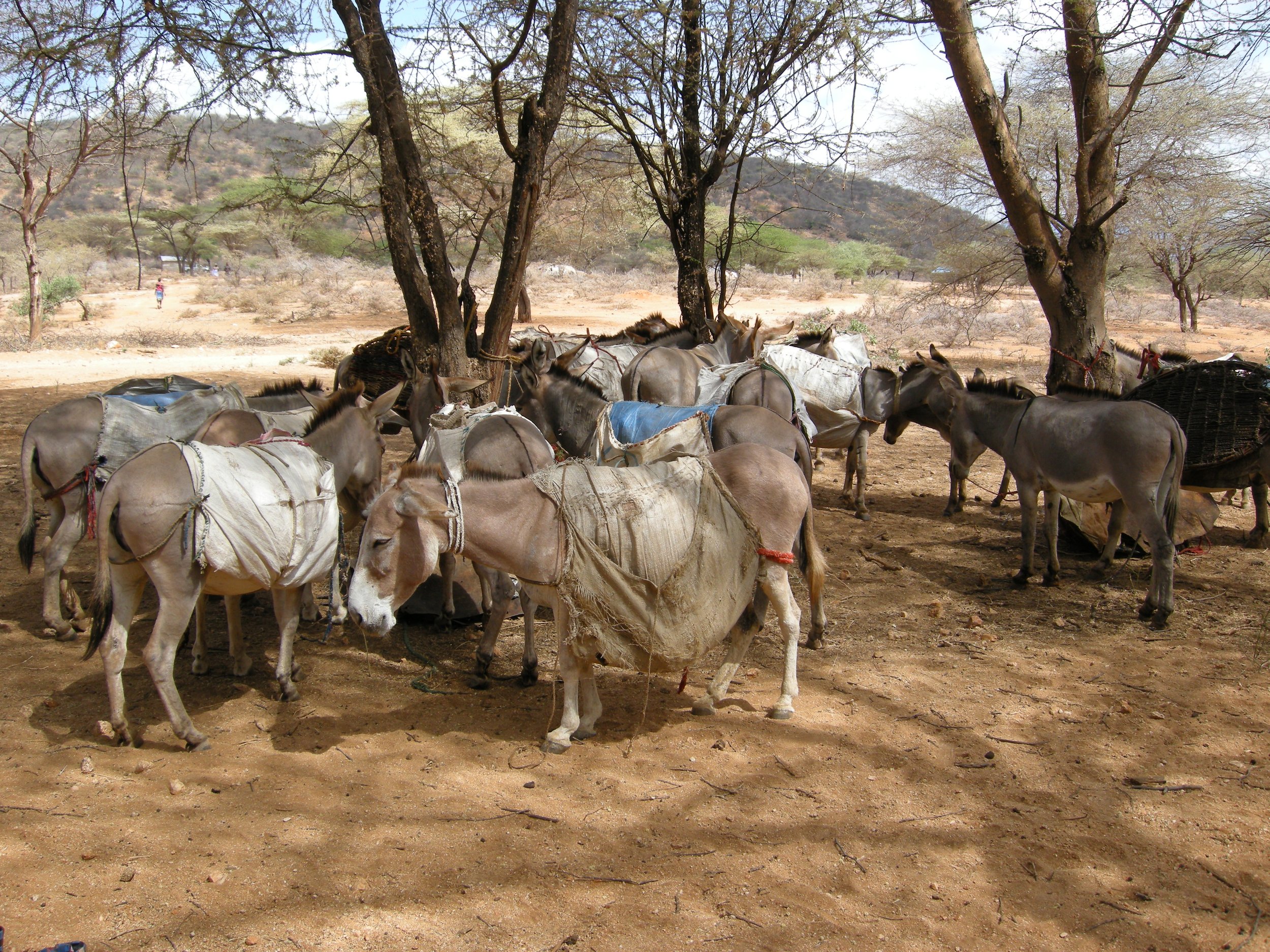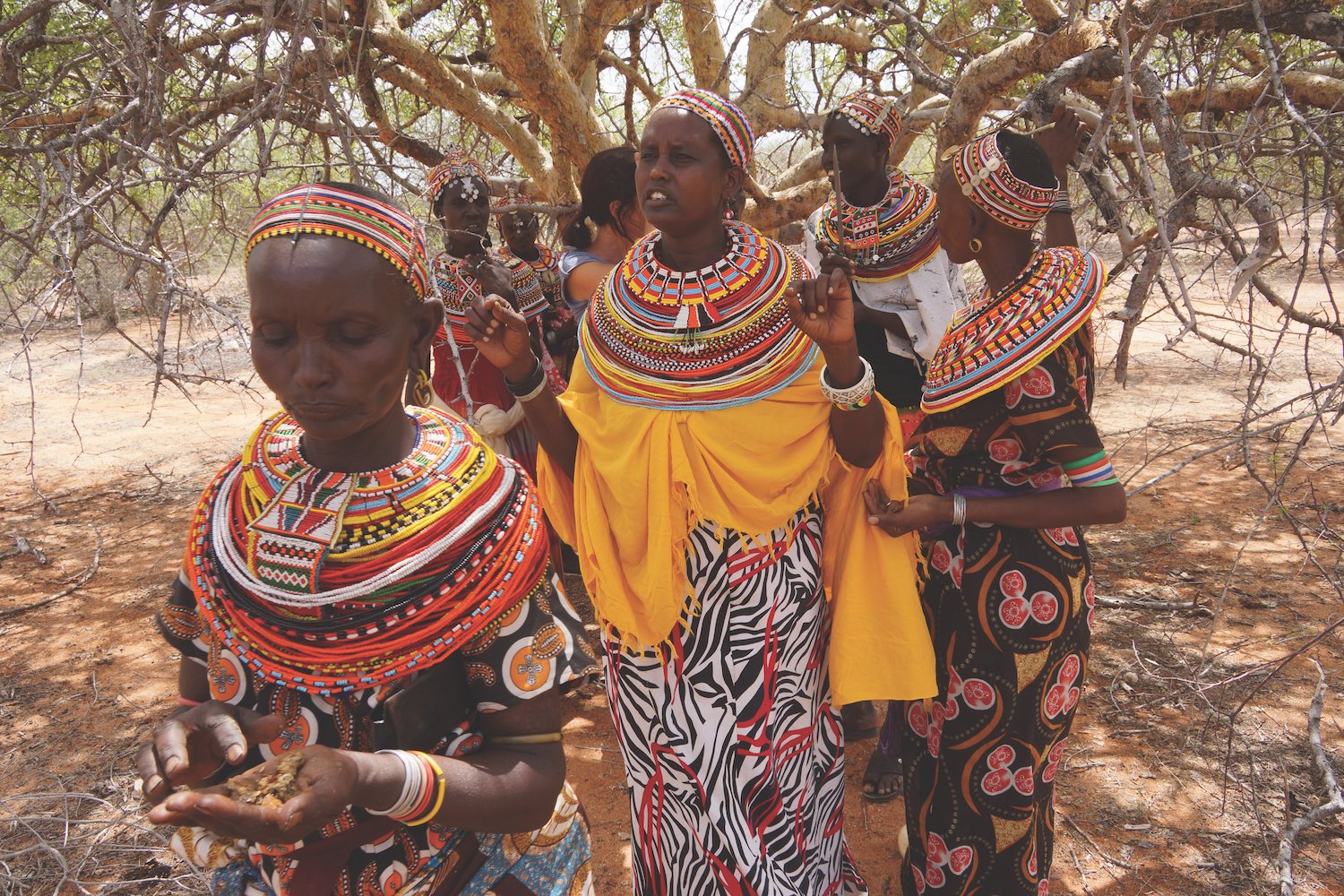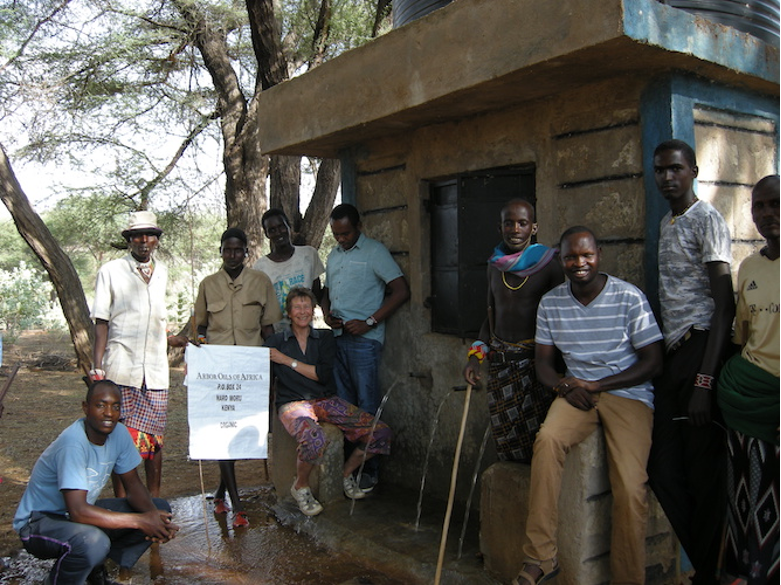Frankincense: Can it be an example of how nature, individuals, and businesses can all thrive in harmony?
Imagine inhaling a rich, unforgettable scent that evokes tones of earth, citrus, and pine. A fragrance so alluring that it has been prized for centuries and even gifted to baby Jesus himself. This fragrant treasure is not only a feast for your senses but also a powerful healing aid that is thought to speed up recovery and reduce inflammation. What if this substance can be a flagship model of how nature, people and business can thrive together?
This remarkable substance is none other than Frankincense, a resin extracted from the bark of Boswellia trees. Frankincense is used in a multitude of products, from fragrances in soaps and lotions, to perfumes (such as in Channel N°5) to essential oils to incense. Unlike other crops, Frankincense is harvested from wild trees and is not grown in typical farms or greenhouses. Instead they grow as a natural part of a wild ecosystem. From baboons that feast on the resin to pollinators that rely on the flowers for survival, it is a complex web of life where every organism has a vital role to play.
Boswellia trees grow in the scorching desert landscape of Northern Africa and parts of the Middle East, where the sun beats down relentlessly and water is scarce. Yet, amidst this unforgiving terrain, Boswellia trees almost magically produce this amazing resin.
As with many wild harvested plants though, there are little enforced standards and guidelines for how to maintain a sustainable supply chain, which includes everything from safe harvesting to fair prices. Considering the indispensable role of Boswellia trees within the ecosystem and local communities, prioritizing their sustainable and equitable harvest becomes paramount. By doing so, we can address pressures stemming from international markets, climate change and shifting local attitudes to safeguard both the spiritual significance of these trees and the well-being of the communities dependent on them.
The Fairwild standard creates a set of policies and framework that ensures good working conditions and sustainability that allows consumers to differentiate between real and greenwashed products. Consumers essentially ‘vote with their wallets.’ By purchasing sustainable frankincense consumers are sending a message that over harvesting and exploitation is not okay. As the next generation, who are more proof of impact oriented, become a larger percent of global consumers, this impact will only be amplified further. This will be good not only for the workers, the environment and consumers but also businesses as they get higher quality resources.
At the moment there are 4 companies with FairWild-certified Frankincense - Arbor Oils Africa, Neo Botanika, Nature Connect India and Kobac General Trading - and one pathway operator: Ihsan Resins.
As Nasir Ahmed, General Manager of Ihsan Resins Society Trading LLC said: "Ihsan Resins Society, a corporation made up of Frankincense harvesters, local wild collection area landowners and local traders, strongly believe in Frankincense tree population conservation, sustainable harvesting, and social responsibility. These ideals are promoted and strengthened by FairWild principles. Also, being FairWild certified, which is internationally recognised and respected, demonstrates our compliance with rigorous standards established by FairWild Foundation and our commitment to sustainability, ethical practices, and the conservation of biodiversity." Although the future of Frankincense is threatened, through purposeful changes in the way we do business and look at our wild resources, there is still optimism for a brighter future ahead.


